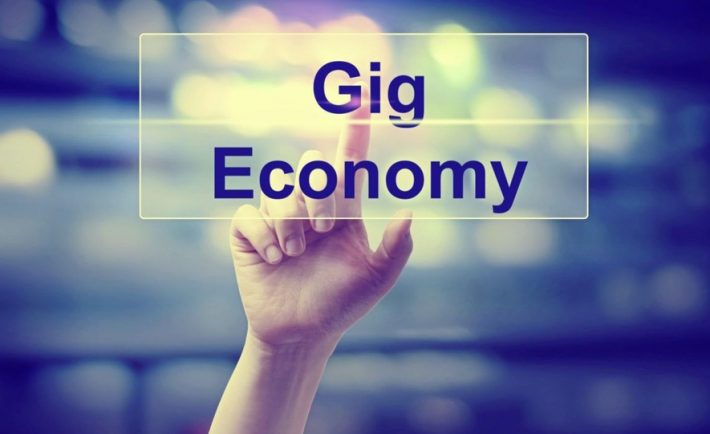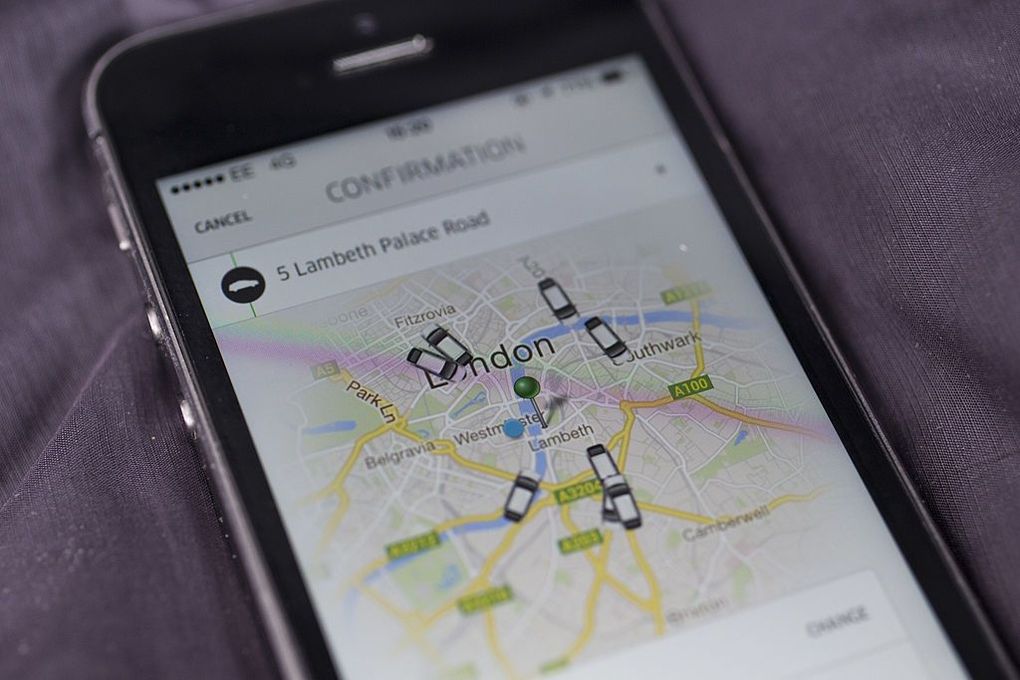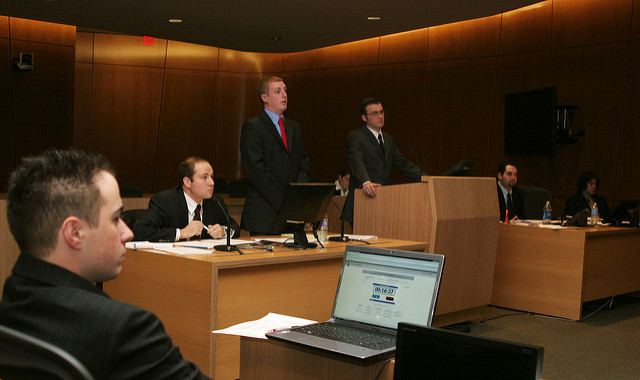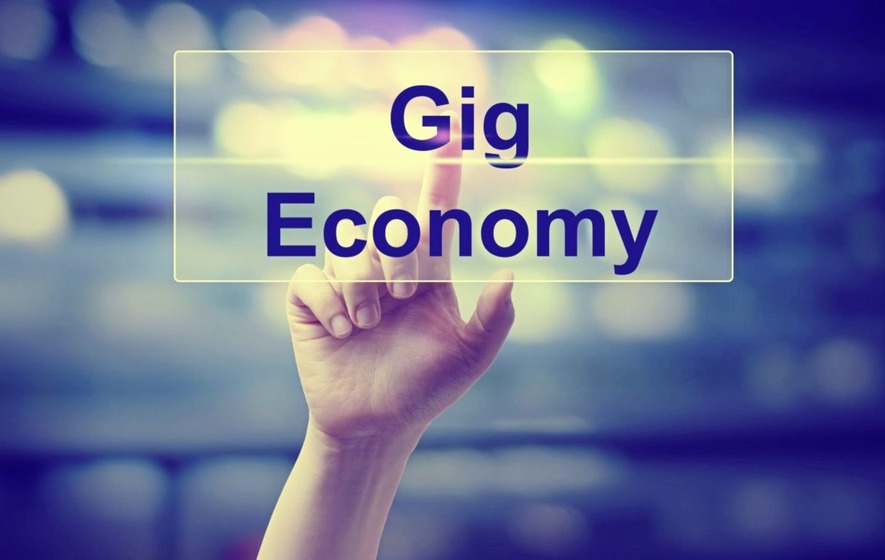
These days, we have more opportunities than ever to monetize our possessions and our hobbies. The so-called “gig economy” has given everyone who wants to be the chance to be an independent contractor. We can drive people around in our private car for Uber or Lyft, rent our our apartment on AirBNB, or perform all kinds of quick tasks on fast-moving freelance sites like Fiverr.

What is the gig economy and why is it so controversial?
The gig economy is disrupting the old economy in all sorts of ways. Taxi drivers hate Uber and Lyft, which drive down prices while their owners and drivers avoid costly licensing fees and important worker protections. And AirBNB is not making any friends in the hospitality industry.

The Gig Economy Can Actually Be Great for Women
But the gig economy can also be disruptive to those who profit from it – because it has all kinds of tricky legal consequences.
The legal dangers of the gig economy

Legal Mistakes Your Business Can’t Afford
The gig economy seems a little weird from the start. Giving a guy in a Prius an app doesn’t suddenly turn him into a professional cab driver. And that lady who owns the apartment you rented on AirBNB seems nice, and she has a professional-looking credit card reader like the ones Lintech makes, but do you really want her to have your credit or debit card information?
And, on the flip side, do you want those strangers in your car – or in your house?
For the vast majority of folks, the gig economy means a little extra cash. But for a minority, it can mean serious trouble. Bad AirBNB guests can trash a house. You can get into a car accident while you’re in a Lyft or an Uber. And while bad things can happen in the traditional economy, too, the gig economy adds a weird wrinkle: it’s hard to tell who’s liable. And, all too often, it’s not the company.
Uber, Lyft, and AirBNB have – quite naturally – done everything they can to avoid being liable for what their many contractors and customers do. So while they’ll cover costs for PR reasons, they’re not necessarily obligated to make it all up to you if you get run over by a bad Lyft driver or if someone uses your AirBNB’d apartment for an orgy (this really happened in New York City).
An adapting legal system

Not Guilty! 3 Ways Courtroom Technology Assists Lawyers
Legal systems are clumsy things, and they’re slow to adapt. But cities, states, and countries are starting to come to grips with the gig economy, and they are finding ways to solve its legal problems.
Despite desperate lobbying, gig economy apps are increasingly subject to the sort of regulations that the industries they’re disrupting are beholden to. That can mean more oversight and better protections for both workers and customers – though it will also likely mean a rise in rates.

Fear for gig economy workers as tax deadline looms
The companies themselves are wising up, too. Safety policies and financial safety nets are being added by the gig economy companies, and as they grow, these companies have a greater interest in protecting themselves. A start-up that goes bankrupt in a legal battle is bad enough, but nobody wants to see a publicly traded company go down in a fight with the law. No wonder some of these companies are “growing up” as they grow larger.
Still, the problem hasn’t been completely solves. The gig economy creates strange legal situations, and there is still danger in that.





